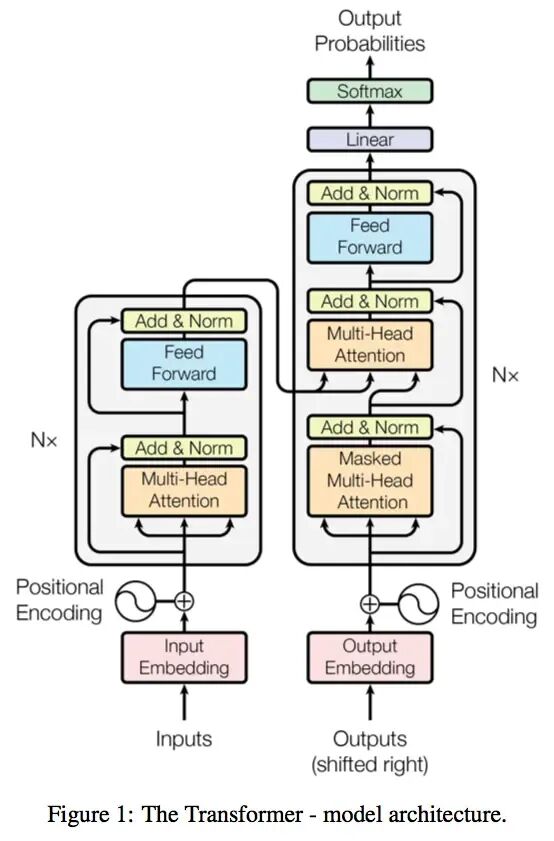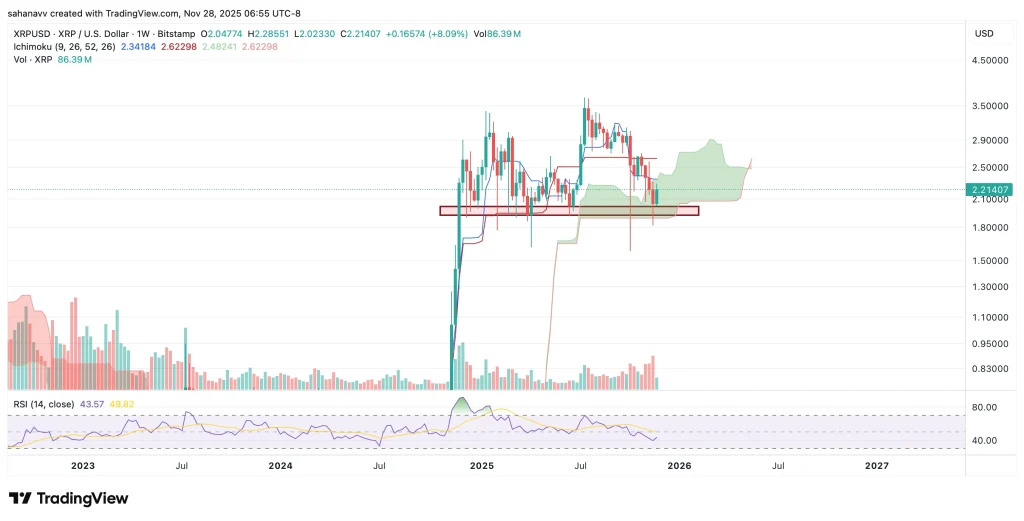Tariffs Were Supposed to Revive U.S. Manufacturing, but So Far Have Had the Opposite Effect
Key Points
- Despite some improvement in manufacturing activity in August, a survey of manufacturing managers shows that tariffs are putting pressure on their businesses.
- Manufacturers report that import tariffs are impacting supply chains, and the uncertainty of tariff policy changes has caused many customers to delay purchases.
- Respondents say that tariffs have driven up raw material costs, making it more difficult to manufacture products in the United States.
Theoretically, the U.S. imposing tariffs on foreign imports should have one benefit—stimulating domestic manufacturing growth. But so far, the effects of tariffs seem to be quite the opposite.
A widely watched manufacturing survey shows that despite some signs of improvement, U.S. manufacturing contracted for the sixth consecutive month in August. In addition, the data indicates that manufacturers are struggling to cope with the impact of tariffs while also dealing with rising raw material prices and reduced spending from cautious buyers.
The Institute for Supply Management (ISM) reported that the Manufacturing Purchasing Managers' Index (PMI) rose to 48.7 in August, but remained below the threshold of 50 that signals industry expansion. The data suggests that high input costs and increased supply chain pressures caused by tariffs have offset improvements in new orders and employment levels.
Wells Fargo economists Shannon Grein and Tim Quinlan wrote: "Uncertainty around tariff policy is limiting industry activity. While the increased costs associated with tariffs are a challenge, the uncertainty about where tariffs will ultimately be set may be an even greater constraint on current industry activity."
High Costs Drag Down Domestic Manufacturing
Business leaders participating in the survey said they are feeling the impact of tariffs. Some companies noted that although the policy aims to bring factories back to the U.S., rising costs are making domestic manufacturing even more difficult.
A respondent from a computer and electronic products company said: "Tariffs continue to disrupt planning and scheduling. Plans to move production back to the U.S. are affected by rising raw material costs, making it harder to justify the move."
Some tariffs target goods from specific countries, such as the recent 50% tariff on Indian goods; others target raw materials like metals and lumber.
A manufacturer of electrical equipment and household appliances stated in the survey: "With many components subject to tariffs, 'Made in America' has become even more difficult." The company also noted that it has laid off about 15% of its U.S. workforce: "The government wants manufacturing jobs to stay in the U.S., but we are losing higher-skilled, higher-paid positions. In the absence of trade and economic stability, capital expenditures and hiring have stalled."
Economists say that U.S. manufacturing may remain in a low-growth state throughout this year. However, if several recent court rulings unfavorable to tariffs are upheld, it could provide some relief for manufacturers.
BMO Chief U.S. Economist Scott Anderson wrote: "If recent court rulings declaring reciprocal tariffs illegal result in the removal of some tariffs and thus ease tariff pressures, the outlook for manufacturing could further improve."
Disclaimer: The content of this article solely reflects the author's opinion and does not represent the platform in any capacity. This article is not intended to serve as a reference for making investment decisions.
You may also like
No wonder Buffett finally bet on Google
Google holds the entire chain in its own hands. It does not rely on Nvidia and possesses efficient, low-cost computational sovereignty.

HYPE Price Prediction December 2025: Can Hyperliquid Absorb Its Largest Supply Shock?

XRP Price Stuck Below Key Resistance, While Hidden Bullish Structure Hints at a Move To $3

Bitcoin Price Prediction: Recovery Targets $92K–$101K as Market Stabilizes
